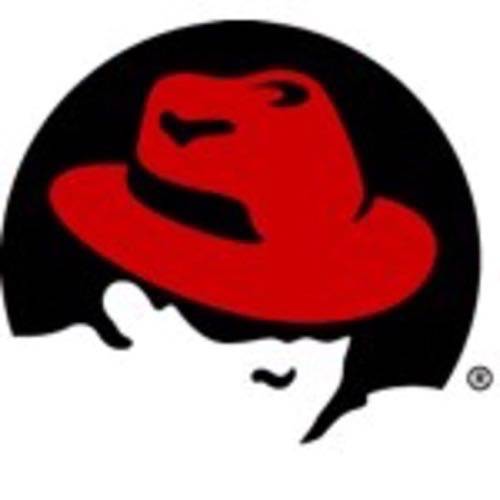Word is that Red Hat refused to sign on to OpenStack when it was announced, because it didn’t like the governance model. Red Hat also has its own cloud management software projects. But the company that once dismissed OpenStack seems to be coming around. Look closely at the OpenStack community and you’ll find quite a few Red Hat engineers, including some that have become core contributors to OpenStack projects.

The OpenStack project has a lot of vocal supporters, but how many companies are really pulling their weight? When it comes down to it, many of the 147 companies that have declared support for OpenStack are doing not very much when it comes to contributing code. The flip side of that? There’s Red Hat, which was reported to decline signing up for OpenStack due to its governance model. But the company is contributing to OpenStack in a very real way.
During the conversation about Microsoft Hyper-V support being dropped from Essex, Wayne Wells made an off-hand comment about Red Hat “not actively participating in the OpenStack community.”
Officially, that seems to be true. Red Hat hasn’t said anything about participating in OpenStack. Its vice president and general manager of cloud computing didn’t have nice things to say about OpenStack. “You see a lot of people dabbling [in the open-source cloud], but the question is: When do we get real code and real contributions from third parties? There’s the OpenStack project that has a lot of people signing up, but when you talk to the people, the vast majority is the press release; a lot of people are keeping their options open.”
So officially, Red Hat is working on Aeolus as its IaaS solution. But it’s also contributing to OpenStack right out in the open. Red Hat’s Mark McLoughlin is a core contributor for Nova. You’ll also find Red Hat’s Russell Bryant, Pádraig Brady, Eoghan Glynn, Derek Higgins and others on the OpenStack mailing lists and contributing code.
Actually, it’s not surprising that Red Hat is contributing some code to OpenStack. The company uses some of OpenStack for Aeolus, but the level of contribution to OpenStack seems a bit higher than just passing back a few changes. Consider Cole Robinson’s reply to Wells’ comment on Hyper-V. Robinson replies that he wants to point out “Red Hat is definitely participating in the OpenStack community, there’s even a Red Hatter on the Nova Core team. Right now a lot of us are focused on making Openstack and Fedora work great together.”
Indeed, Robinson goes on to note that OpenStack is to be “advertised as a primary feature of the upcoming Fedora release” and the project is having an OpenStack Test Day on March 8.
It’s important to note that Fedora is not solely controlled by Red Hat. Features can go into Fedora that Red Hat has no interest in. However, Fedora is often used to test features before they make their way into Red Hat Enterprise Linux (RHEL). The number of Red Hat engineers that are spending time on OpenStack suggests that the company has indeed “joined” OpenStack even if they’ve not officially put out any announcements.
What This Means for OpenStack
The foundation announcement last year may have a lot to do with Red Hat’s new attitude towards OpenStack.
It’s unclear what this means for Red Hat’s Aeolus and other cloud efforts, but I think it’s a big step for OpenStack. If Red Hat has come around on OpenStack, that suggests to me that the project is much more likely to succeed. When will Red Hat come forward publicly about its plans with OpenStack? I’ve put a call in to Red Hat and will be following up as soon as possible.





















